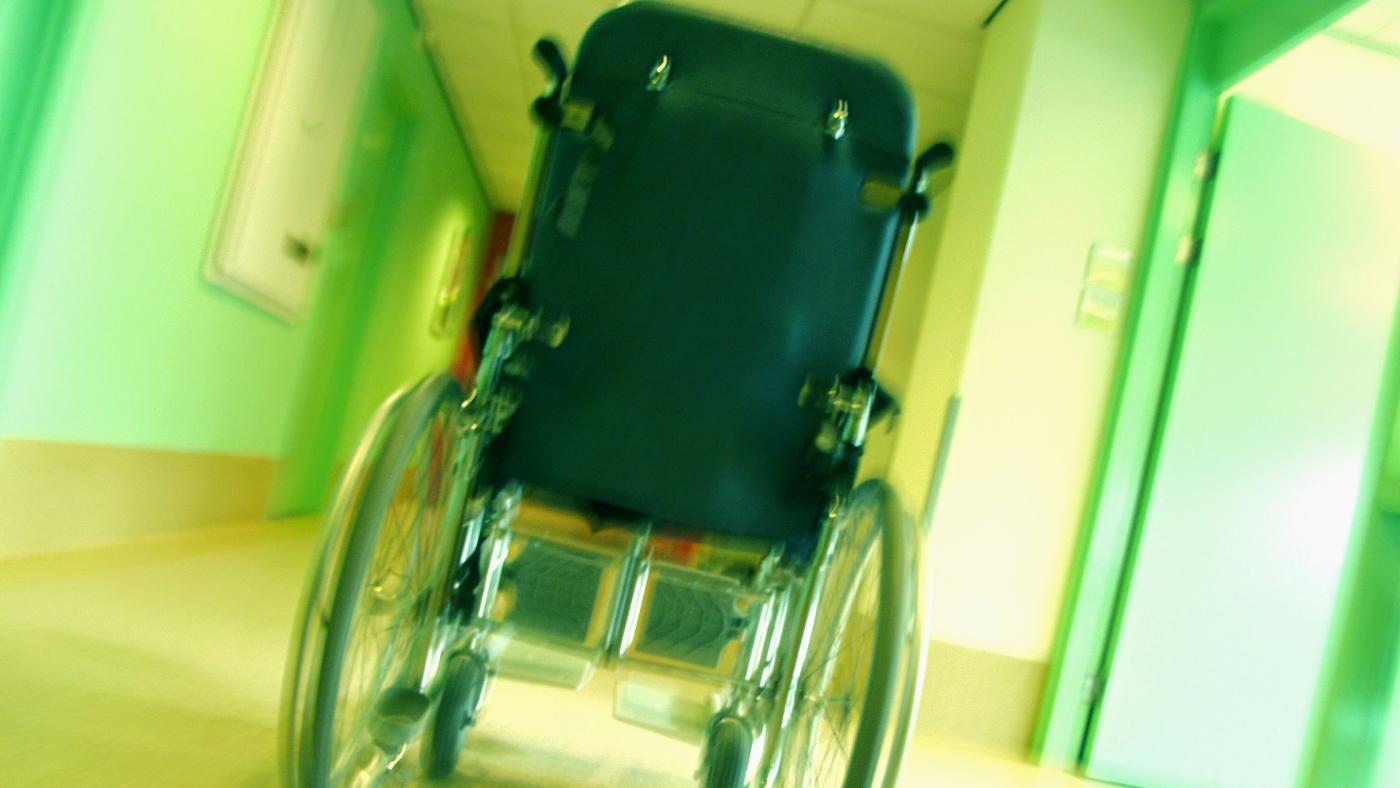National student union wonders:
Where is the accommodation for students with a disability?

According to LSVb, there is “a clear shortage” of accessible housing in all university cities in the Netherlands. Students who need such housing say that “it is not always available”, says the action plan.
Red tape
But there’s no hard data to back up the claims made in the action plan. Moreover, the LSVb also sometimes receives reports from housing associations that are unable to find suitable candidates for their adapted housing, leading the union to conclude that students with a disability are not being properly informed. Housing associations and educational institutions usually do not provide targeted information to students with a disability, and the information that is provided may not always be correct.
Another bottleneck is that it can be difficult for students to cut through all the red tape. Educational institutions, student housing providers and municipalities can do more, according to the action plan.
The document also states that all new-build housing should offer “some degree of accessibility”. After all, students with mobility issues should also be able to visit their friends and fellow students.
Unable to find tenants
The information isn’t always easy to find. Gijsbert Mul, a spokesperson for DUWO, the largest provider of student accommodation in the Netherlands, doesn't know “off the top of his head" how many of their units are fully accessible to students with a physical disability.
He does confirm, however, that there have been situations in which DUWO was unable to find tenants for newly-built adapted units, which ended up rented to able-bodied tenants on the condition that they would move out if a disabled student showed up.
There is no separate page for students with a disability on DUWO’s website. “But when they send us an e-mail or WhatsApp message, we try to find a solution within our existing stock”, says Mul. “We generally manage to find a suitable arrangement.”